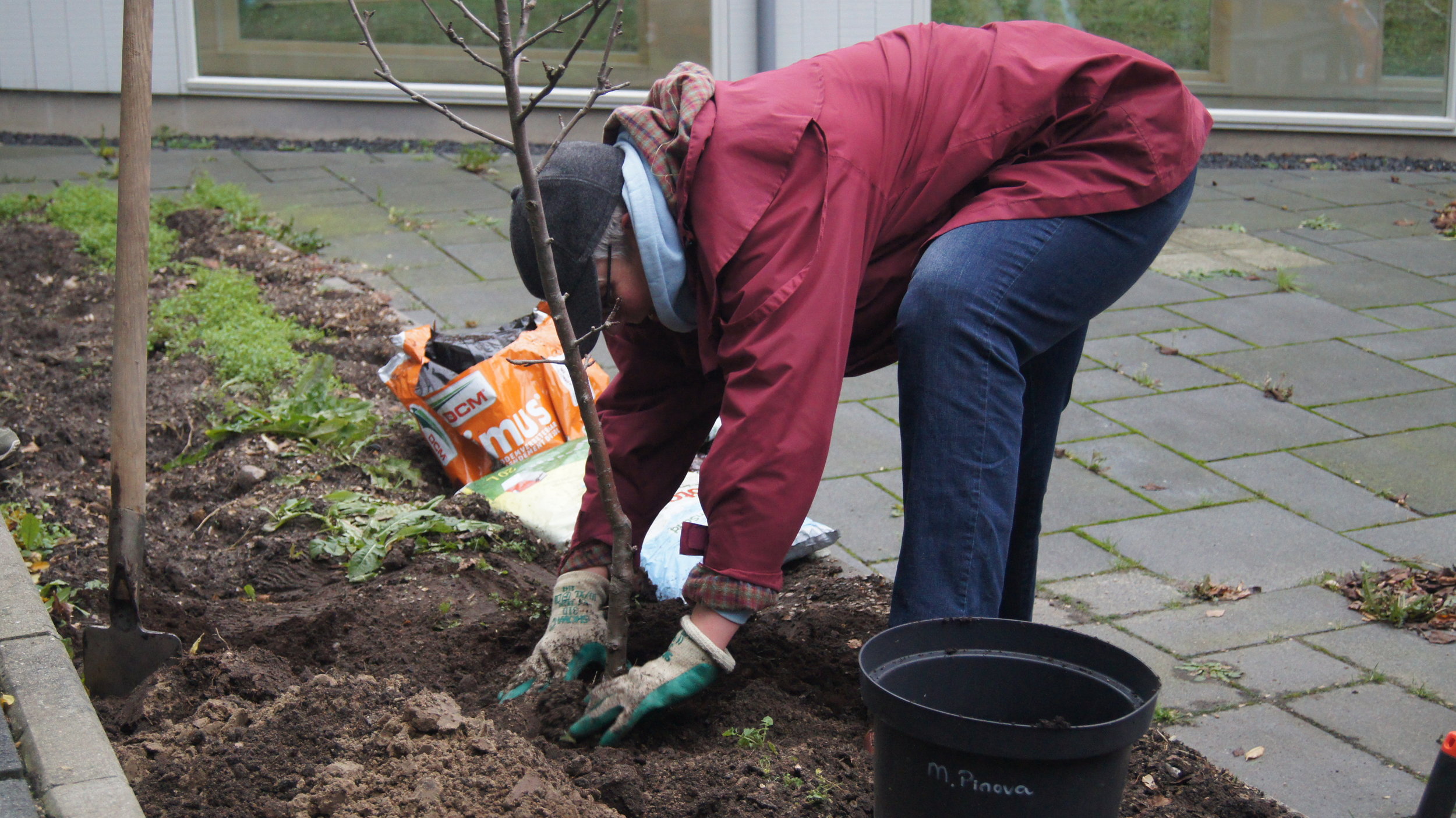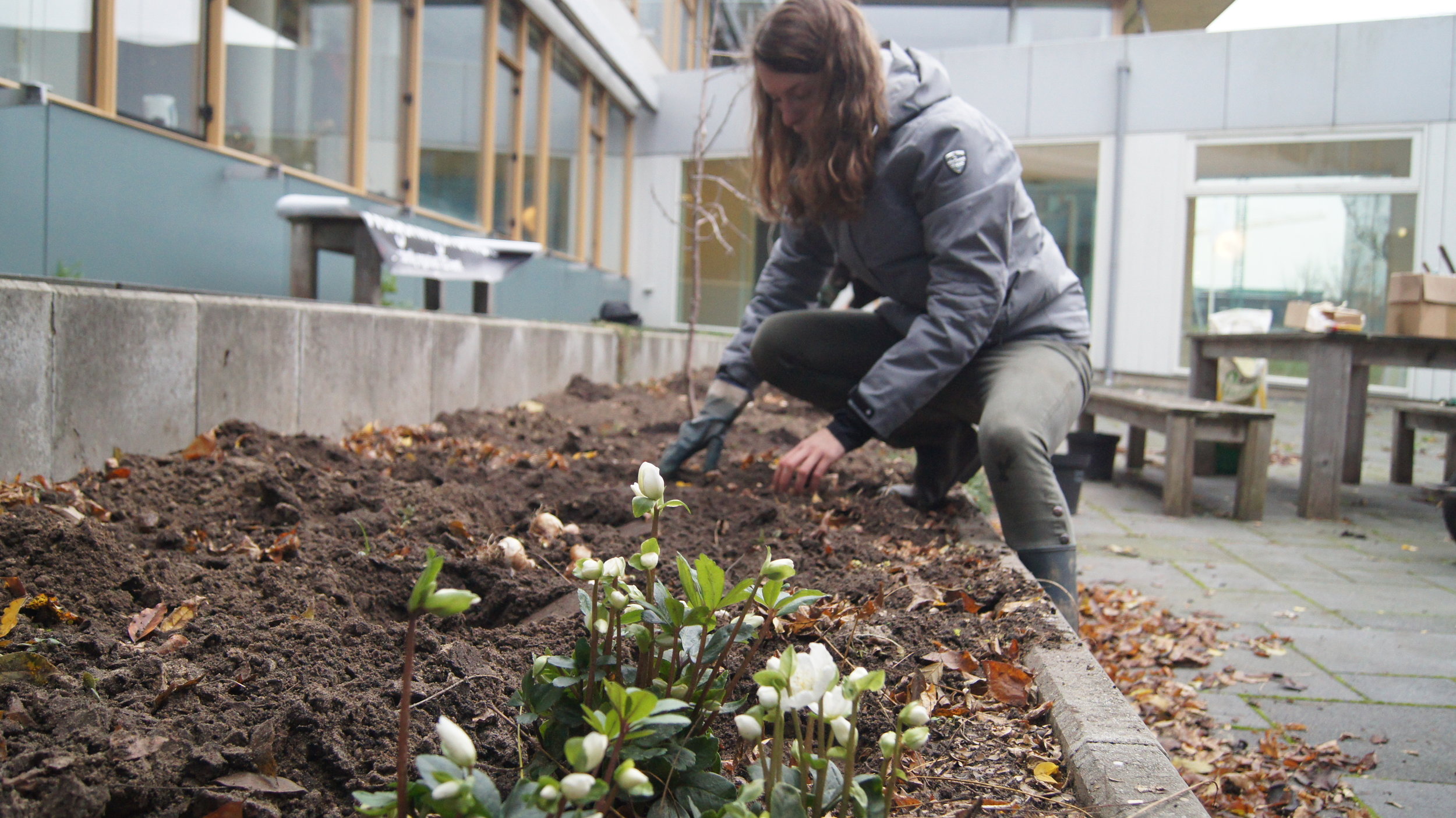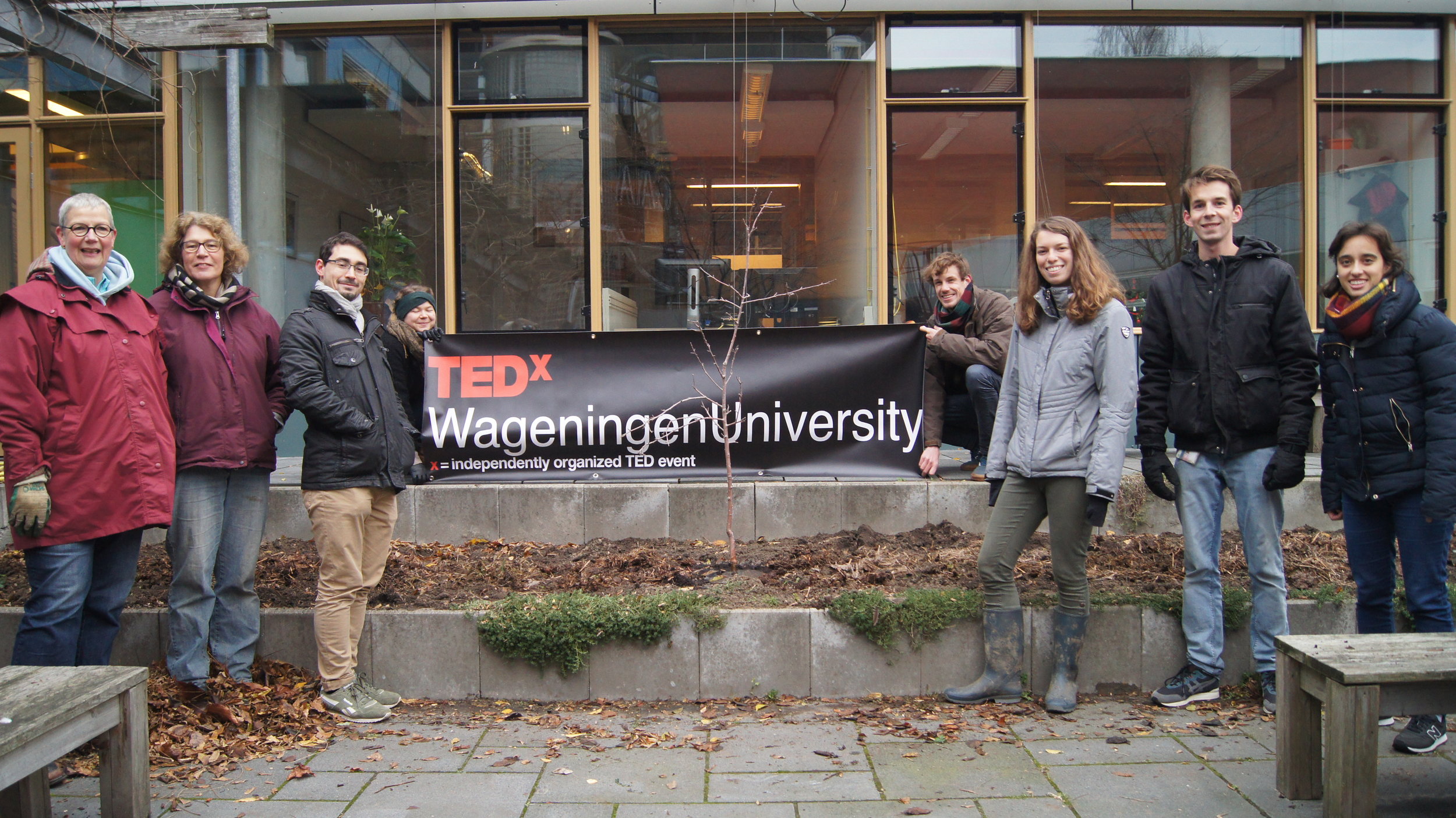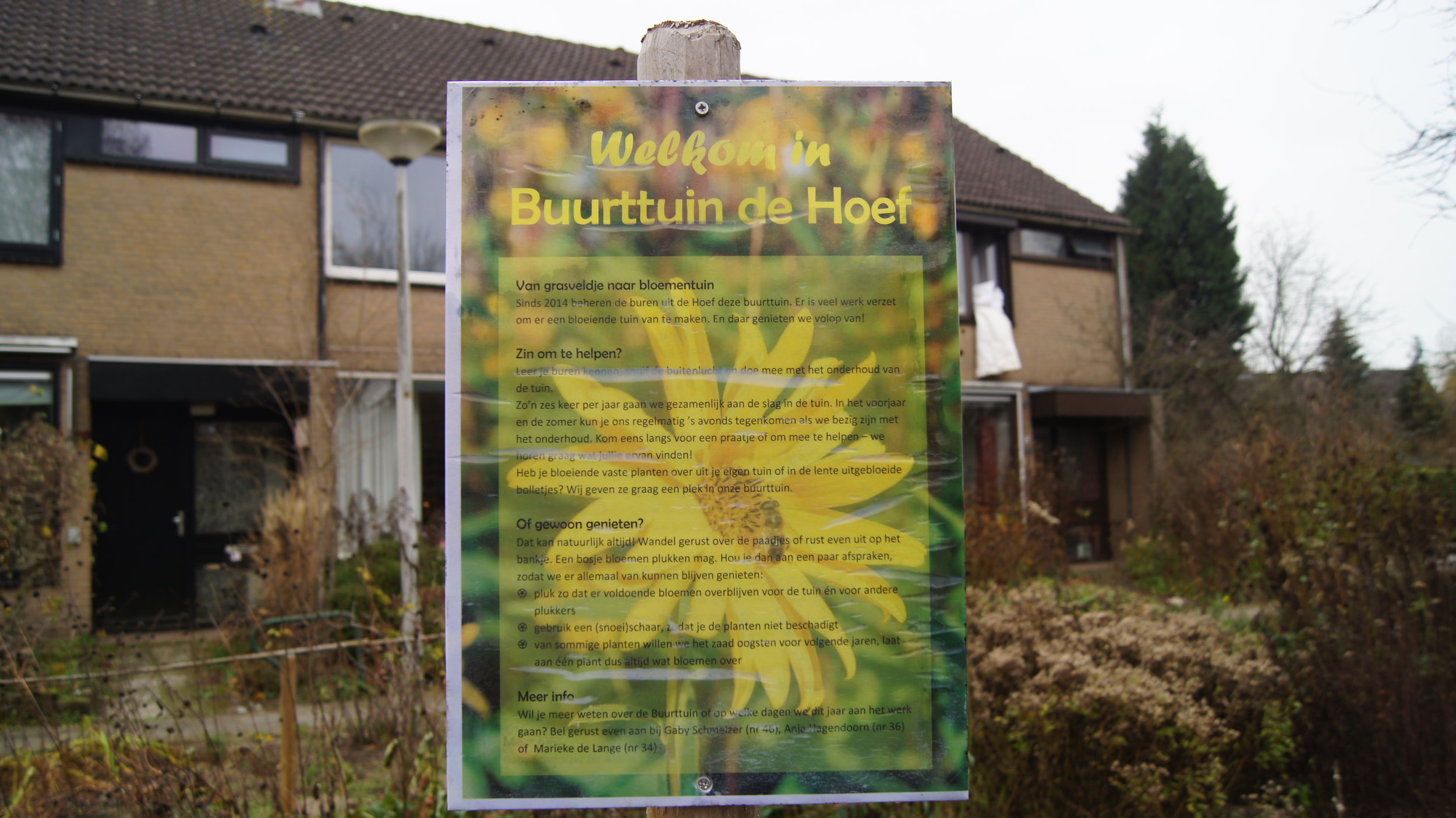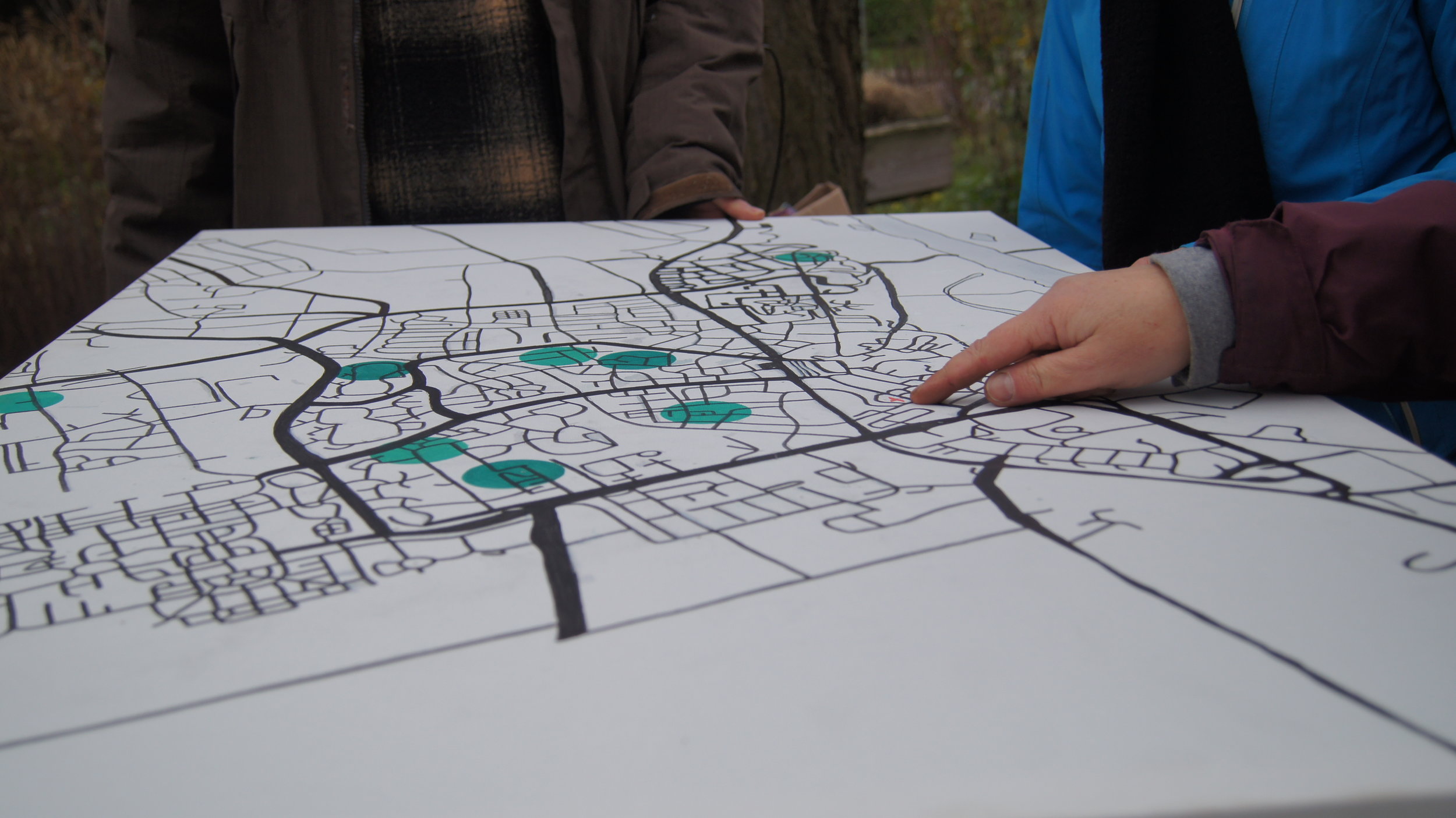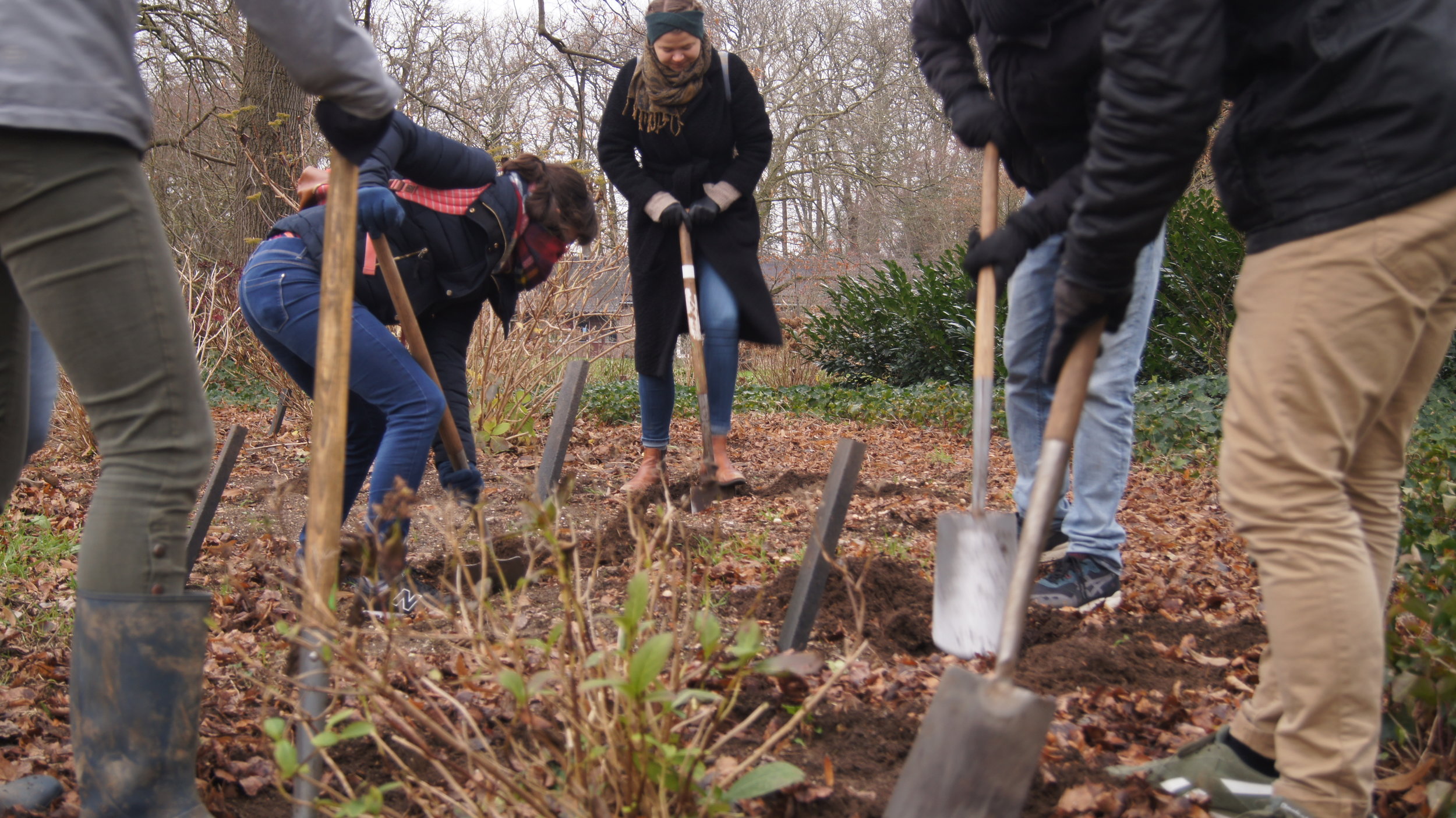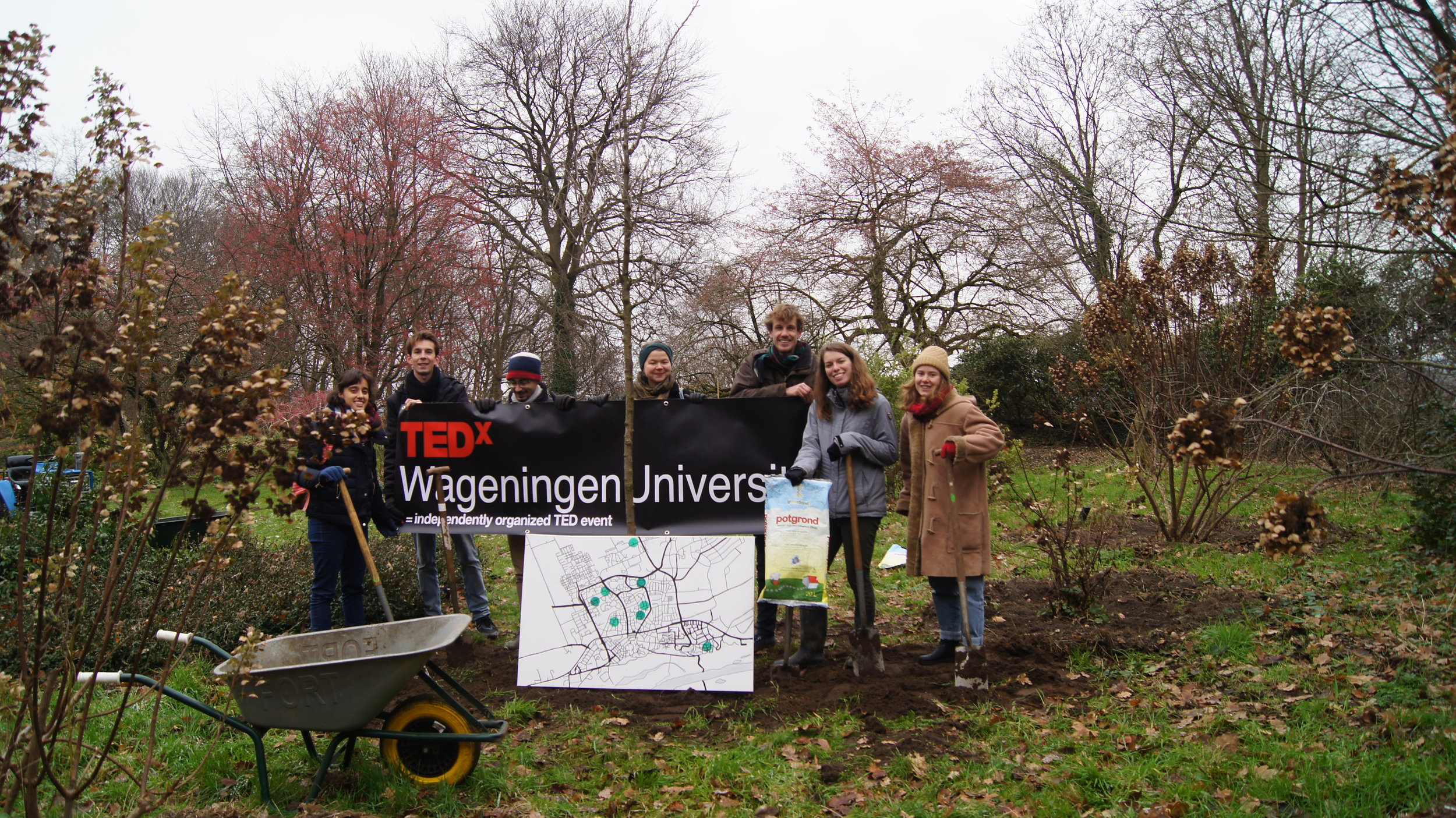The idea
We live in a time where reducing our CO2 emissions has become emblematic in attaining more sustainable lifestyles. However, many of us do so with little understanding of just how much energy we expend in accomplishing the most mundane of activities on a daily basis, from eating food, switching a light on and throwing out the garbage. I think it’s a shame, though, that we don’t also look at compensating for our emissions, rather than merely reducing them. It’s a matter of fact that we simply cannot reduce our emissions to zero, especially in this day and age, and trying to do so is not only unrealistic but will never begin to negate the emissions that we DO create. Compensating, however, entails a longer-term vision and goal; that we may one day begin to neutralise or even reverse the harmful effects of our emissions. I think that this goal is far more worthy and fulfilling, and can be the start of reversing decades-worth of emissions.
The goal
We, as TEDxWageningenUniversity, figured that if we are really going to champion the mantra of “practice-what-you-preach”, then we too will make our own efforts to compensate for the emissions we created in setting up and running our event. We think to compensate for the gas that was consumed to run the venue; the fuels burned to bring over our guests; the electricity required for running our computers; and the energy used to produce our drinks, food and paper. As such, we established a general figure that amounts to our grand total of carbon emissions, and subsequently calculated how many trees we would need to plant (and over how long a time) before we can break-even: that comes to around 60 trees over 10 years. More specifically, we wanted to plant these in and around Wageningen itself into to illustrate that compensation CAN happen at a local level.
Our means
Finding a location was much easier said than done. We spoke with potential sponsors; companies, WUR, and student housing organisation to name a few. Oddly enough, Wageningen is just simply too green. Wageningen municipality, however, managed to heed our project and put us in touch with a network of community and neighbourhood gardens. As of now, six community gardens have a total 28 beautiful, new trees. We even managed to convince WUR to allow us to plant a couple of trees on campus; you can find our TEDx apple trees in the courtyard between the Gaia and Lumen buildings! Arboretum Belmonte (Wageningen’s own living museum) also allowed us to plant a Japanese cherry tree into their collection.
Needless to say, all this could not have been done without the gracious help of two of our sponsors: Kwekerij Dependens, sponsoring more than half the trees planted, and GreenSand which donated special potting soil enriched with olivine (olivine reacts with atmospheric CO2 and stores it as a mineral).
Thus far, we have planted a total of 33 trees across 8 locations in and around Wageningen. While these are fewer trees than we had initially endeavoured to plant, and has set us back with respect to our compensation goals, our limited budget has meant that we must stop with this – albeit not-so-small – achievement. We underestimated the cost of planting fruiting trees and the limits of our finances.
The real impacts
33 trees planted is still an achievement that we wear proudly on our chests. Even though we did not achieve our ultimate goal, we did achieve other things that we did not initially anticipate. In addition to making some strides in capturing our carbon emissions, we also managed to unite people around a common goal. First of all, we had a fantastic team-building day; from being outside together (in rather chilly weather), getting our hands dirty, posing for silly pictures and trundling on our bicycles to the various locations. Moreover, everywhere we went we were warmly greeted by fantastic volunteers, lively neighbourhood residents and impassioned curators. We found that social capital is also created; while this was not considered in our calculations, it is still a significant consequence that helps to bind all sorts of people together around a common goal.
Another impact
Another sponsor of ours, OnsZaden (www.onszaden.nl), also donated 100 bags of baobab seeds to the audience of our TEDx event. While we did not manage to plant all the trees we wanted, it may just be the case that some of our audience will plant their own trees, so maybe – just maybe – we will succeed in our goal of making our event carbon-neutral!
A small take away
All of these positive impacts, anticipated or not, make the whole endeavour feel great and worthwhile; great, not just for the environment, but also for people like you and my team and I. While it has not been easy, it is extremely rewarding in and of itself. I wholeheartedly recommend everyone to do just a little bit, to feel the joy of doing something really great and empowering!
A special thanks to:
Kwekerij Dependens (www.dependens.nl), GreenSand (www.greensand.nl) and the TEDx team


